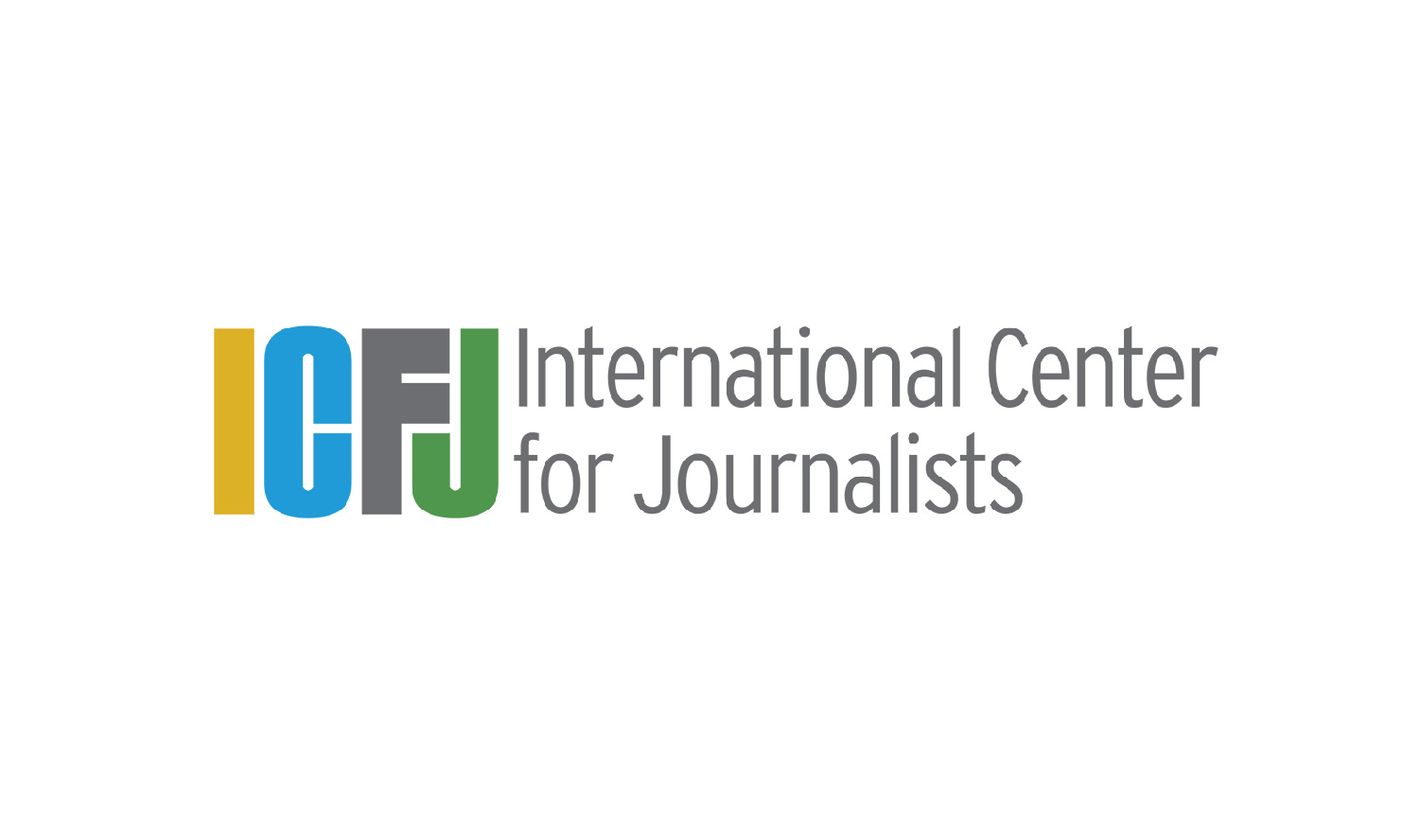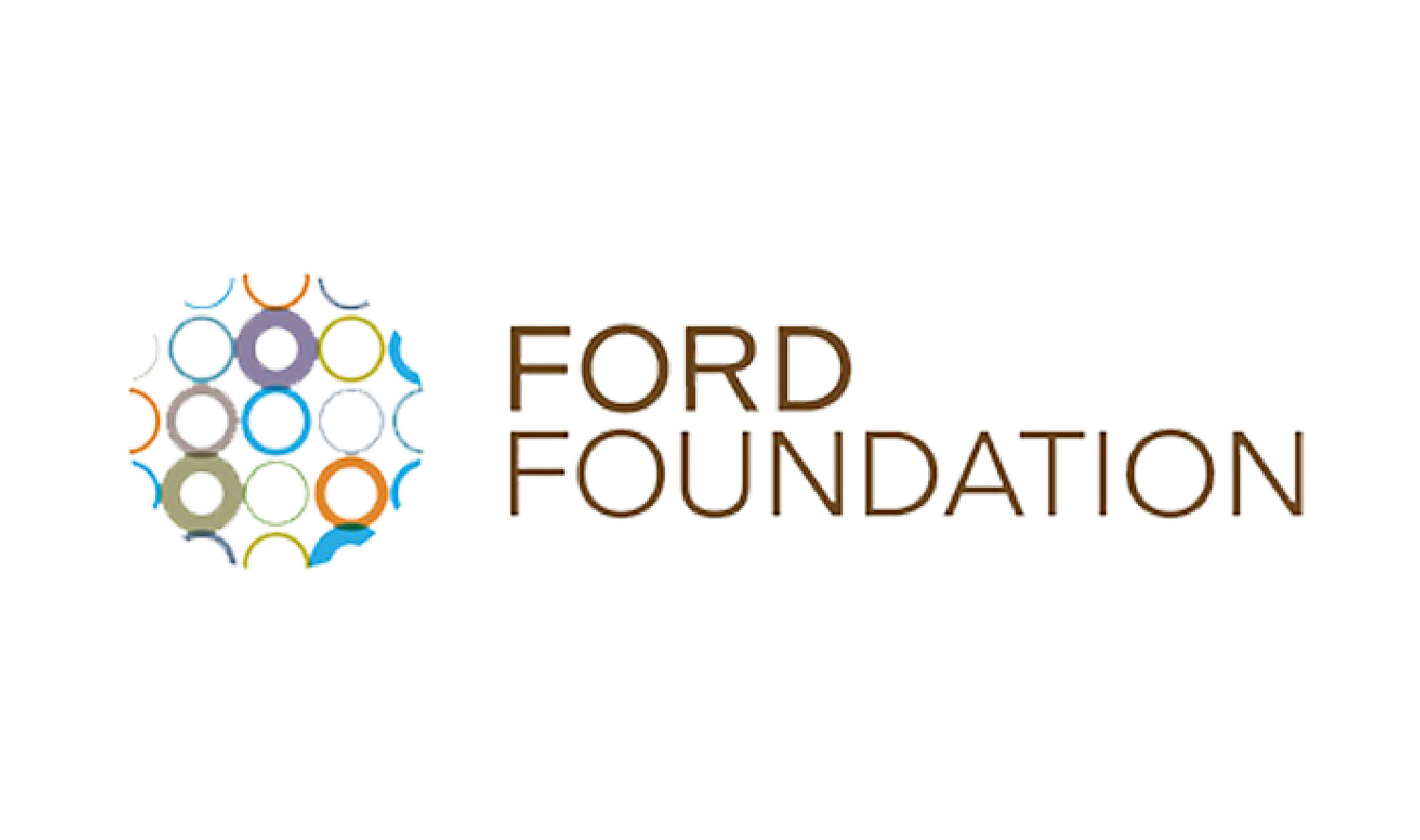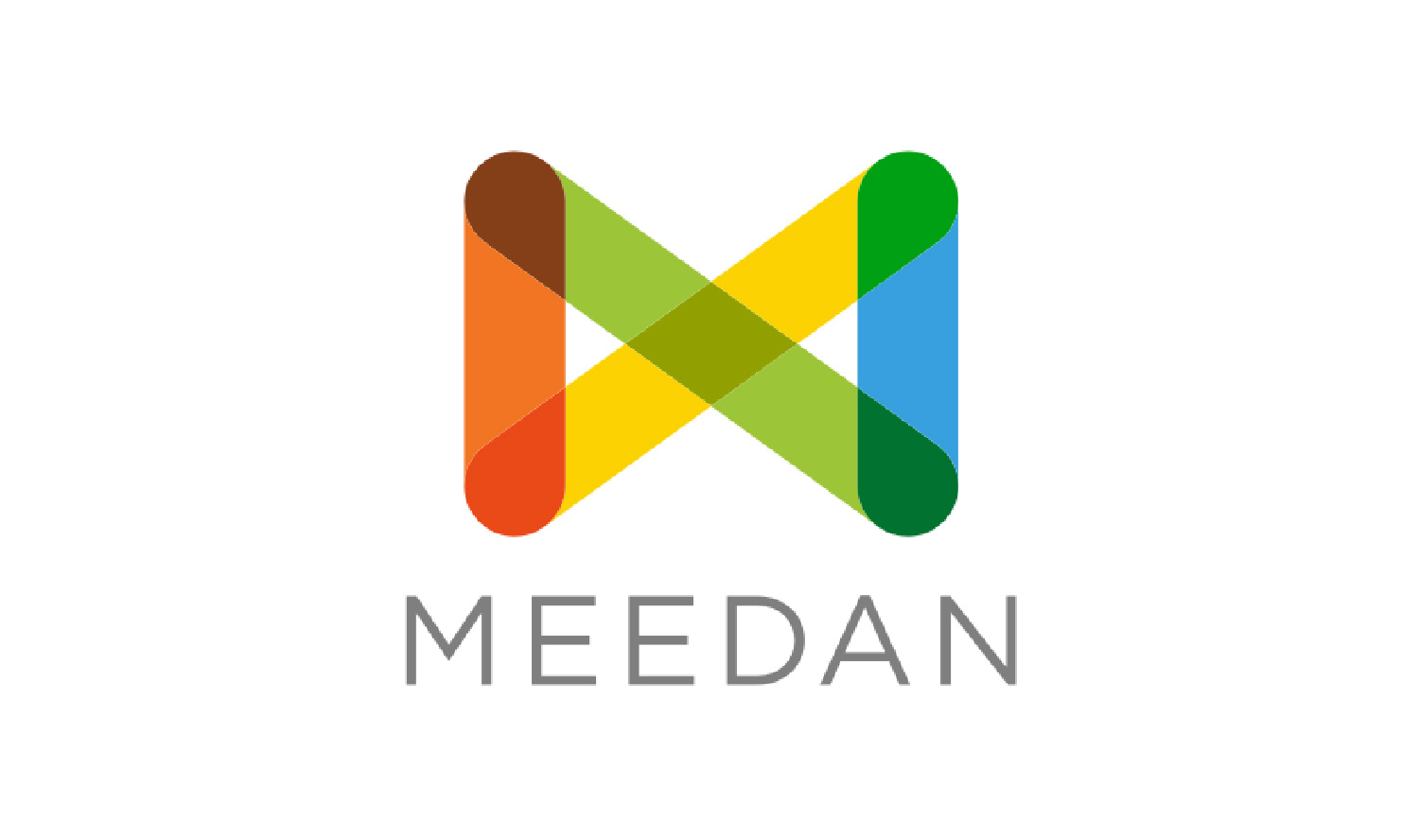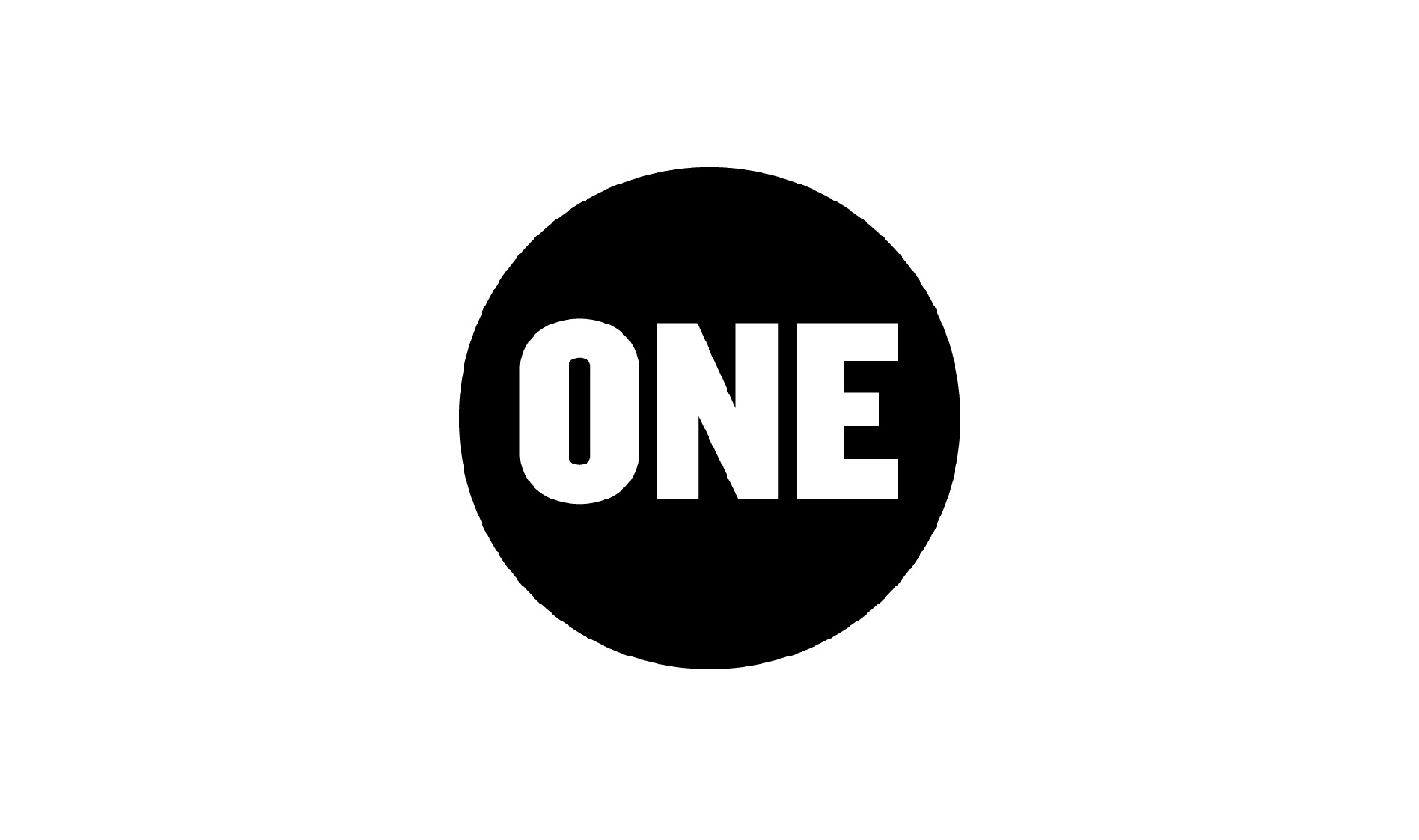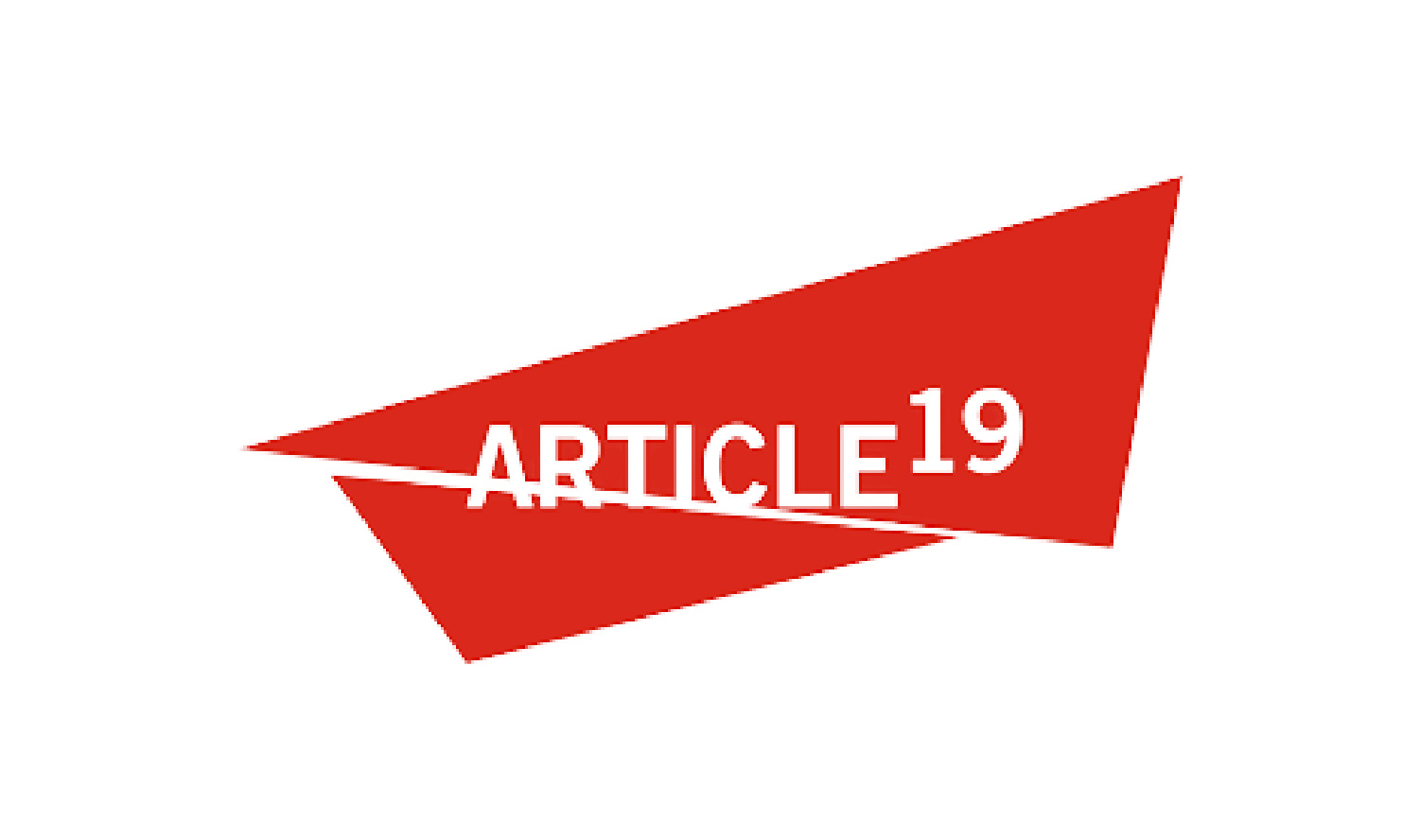Reframing Menstrual Health as a Rights and Equity Issue
Across Kenya, many adolescent girls continue to face barriers in managing their menstruation with dignity — a challenge that undermines their education, health, and participation in society. Studies show that girls from low-income households miss up to 20% of the school year due to a lack of sanitary pads and the stigma surrounding menstruation.
Menstrual health sits at the intersection of health, education, gender equality and human rights. Yet, it is too often treated narrowly as a hygiene issue rather than recognised as a matter of rights and justice.
Across our region, stigma, silence, and a lack of access to safe menstrual products and information continue to deny women and girls full participation in public life. This isn’t just about health—its about equality, opportunity and dignity.
This Menstrual Health Media Café brings together journalists, advocates and experts to reframe menstrual health as a rights issue and to expose how stronger storytelling and evidence can advance girls’ rights and equity.
The data captured and presented for this cafe is drawn mainly from a 2024 study to understand menstrual health and hygiene management (MHHM) practices in Kenya conducted by The International Centre for Reproductive Health Kenya (ICRH-K), with support from USAID and UNFPA.
It (the data) has been categorised to correspond with specific SGD goals to better focus the rights that menstrual health and hygiene intersect with.
- Menstrual Health Water and Sanitation (SDG 3 and 6)
- Menstrual Health Education and Gender Equality (SDG 4 and 5)
This resource also includes a Menstrual Health in Kenya: A Human Rights Perspective Fact Sheet and a Story Framework to help journalists ideate and frame their stories.
Our Partners
AWJP projects and fellowships are supported by
